Pam MacKintosh
Library Blogs
Showing 971 - 980 of 2008 items
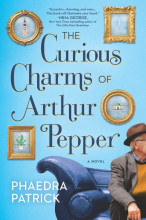
Sixty-nine year old Arthur Pepper has been grieving the loss of his wife for nearly a year. He follows a very strict daily routine, cutting himself off from friends and family with his most prominent social interaction being with his fern, Frederica. Then one day, as he is cleaning out his wife's clothes to take to the charity shop, he stumbles across a gold charm bracelet which he's never seen before. Arthur starts tracking the origins of the charms and heads down a path to a place where he isn't sure he ever really knew his wife.
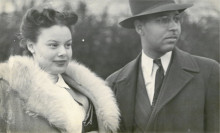
We are very excited to announce that the Labadie Collection has acquired the Thompson Family Papers, a collection that offers a window into the lives and political activities of Detroit’s black professionals from the mid 1920s to the late 1960s.
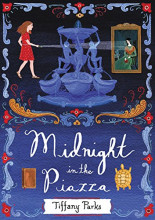
Midnight in the Piazza is a delightful art mystery written for children ages 8-12, even though anyone can enjoy it. Thirteen-year-old Beatrice Archer moves to Rome when her father gets a job there, and she falls in love with the turtle fountain in the piazza outside her apartment. Then one night she sees someone trying to steal the turtles from the fountain. Beatrice and a new friend, an Italian boy who speaks English, decide to investigate, and they discover a ring of international art thieves.
•
Are you picking out electives for the Fall and want to take a course related to video game studies? We've accumulated a list here to get you started.
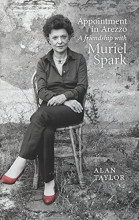
Scottish journalist Alan Taylor writes about his friendship with Muriel Spark, author of The Prime of Miss Jean Brodie, during the last decade and a half of her life. We learn about her life in rural Tuscany, her estrangement from her only son, her complex feelings about her native Scotland, and the teacher who inspired the character of Miss Brodie.

Continuing the discussion about survey design (see Let's Talk about Surveys, Part 1), you’ve decided a survey is an appropriate methodology for what you want to find out and are thinking about what questions you want to ask. But how you ask these questions and structure them within the survey itself, as well as the question formats and options you give people for responding all require careful consideration.

Doing a survey is often the default research method thought of when you need to answer questions about what people like, expect, or want, among other things. While surveys are likely to be considered the easiest option, you can’t conflate “easy to create” with “easy to create well.” Even if a survey is an appropriate methodology for the question you’re looking to answer, the questions you ask, the way you ask them, and the options you give people for responding all require a thoughtful approach.

A new exhibit drawing on materials from the Alan and Joyce Rudolph Papers is now on view in the Hatcher Graduate Library Gallery (Room 100).
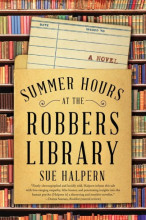
A group of down on their luck characters (a librarian, a teen, and a Wall Street high roller) provide unexpected support and friendship to each other during the summer of 2010 at a small town public library. This is the story in Summer Hours at the Robbers Library by Sue Halpern.
